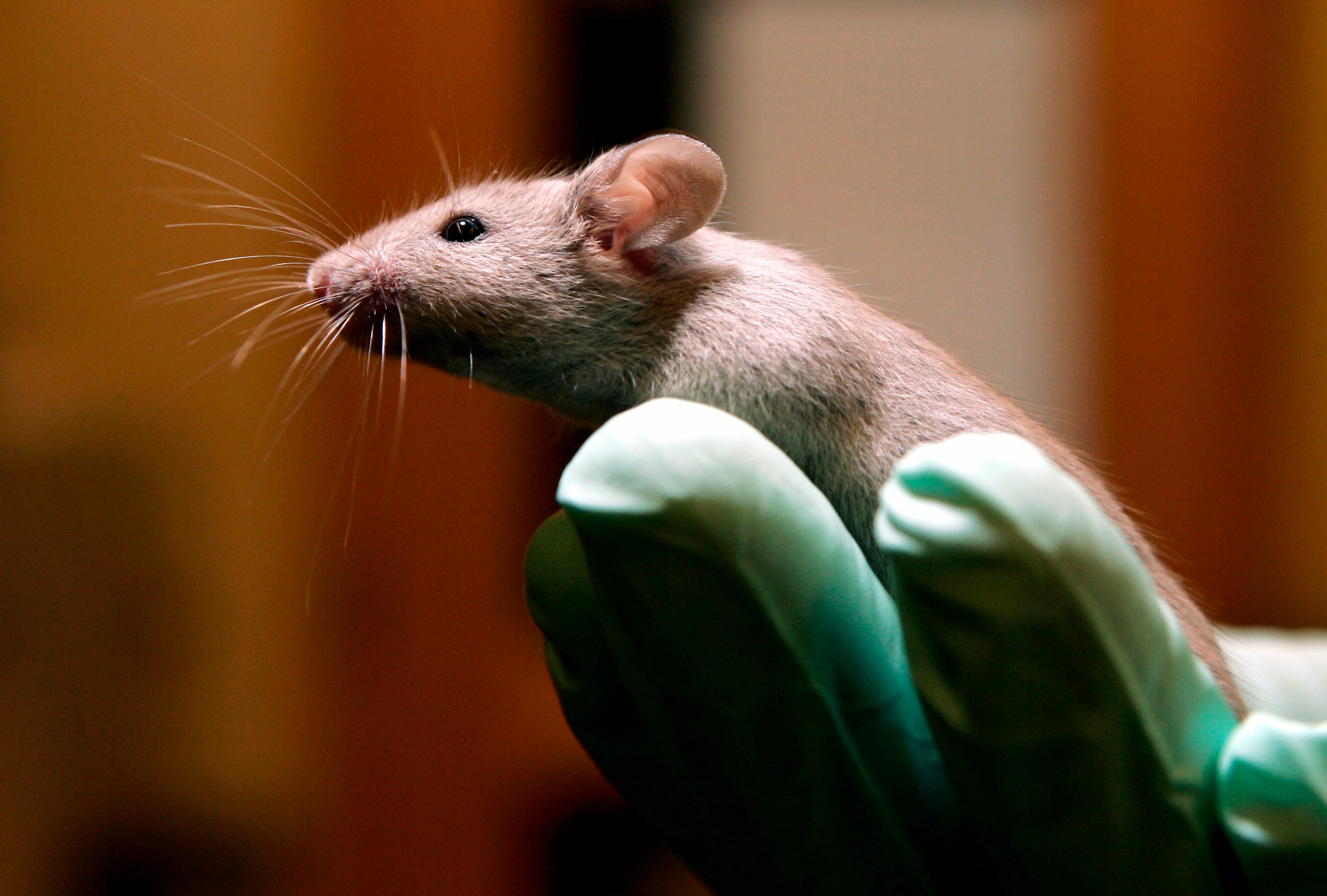A nutrition spotlight has been shining on one macronutrient these days: protein.
From grocery store food labels displaying in large, bold fonts how much protein the items have to menus advertising protein-packed choices — it's all about protein trends in 2025.
But are there potential drawbacks to eating too much protein?
IS PROTEIN MAKING YOU FAT? HEALTH EXPERTS WEIGH IN ON TODAY'S FOOD FOCUS
Fox News Digital spoke with nutrition experts to get to the bottom of it.
How much protein should you really get?
All the attention on protein has merit, as it helps to regulate appetite, stabilize blood sugars and support lean muscle, said Alex Larson, a registered dietitian and founder of Alex Larson Nutrition in Duluth, Minnesota.

Eating protein has merits as part of a balanced diet, but too much of it can adversely impact one's health, experts told Fox News Digital. (iStock)
"But, with all the hype, it's important not to lose sight of having a balanced approach to nutrition," she said.
Michelle Routhenstein, a New York City cardiology dietitian at Entirely Nourished, agreed with that assessment.
"While protein is essential for muscle and bone health, more isn't always better," she told Fox News Digital.
"More isn't always better."
"Overdoing it can lead to swapping real food for processed options and missing out on other vital nutrients."
5 EXCELLENT PROTEIN SOURCES THAT AREN'T MEAT, ACCORDING TO NUTRITIONISTS
The recommended dietary allowance (RDA) is a minimum of 0.8 grams of protein per kilogram of body weight per day. For a 200-pound man, that's at least 73 grams of protein per day, and for a 150-pound woman, that's at least 54 grams of protein per day.
Active individuals, though, may benefit from 1.2-2 grams of protein per kilogram of body weight to support recovery and performance, said Larson.

The recommended dietary allowance is a minimum of 0.8 grams of protein per kilogram of body weight per day. (iStock)
Research shows that the RDA is likely low for those looking to build muscle or maintain muscle mass, Routhenstein noted.
"For muscle health and functional aging, around 1.2 grams per kilogram of body weight may be more beneficial, provided there are no kidney issues," she said.
She stressed that protein needs should be personalized based on factors such as activity level, age, kidney status and overall health.
EXTRA EGG WHITES CATAPULT CHEF'S PANCAKE BREAKFAST TO PROTEIN POWERHOUSE
Excessive protein intake can put strain on the kidneys, especially for those with pre-existing kidney issues, Routhenstein said.
"The kidneys are responsible for filtering waste products from protein metabolism – and an overload can exacerbate their workload, potentially leading to kidney damage over time," she said.
Research indicates that high-protein diets can worsen kidney function in individuals with chronic kidney disease (CKD), Routhenstein said.

High-protein diets like steak can cause vascular inflammation and potentially lead to kidney damage over time, a nutrition expert said. (iStock)
Consuming excessive protein, especially from animal sources, can also trigger vascular inflammation, she said.
"Leucine, an amino acid in protein, may promote inflammatory pathways, increasing the risk of cardiovascular diseases over time," she explained.
CLICK HERE TO SIGN UP FOR OUR LIFESTYLE NEWSLETTER
Overemphasizing protein can lead to low consumption of fruits, vegetables and whole grains, leading to missing out on other key nutrients, Larson added.
"Some high-protein diets may also be high in saturated fat and calories, which may cause weight gain and increase your LDL 'bad' cholesterol," she said.
Best and worst sources of protein
The best protein sources are those that offer a balance of protein, vitamins, minerals and fiber while being low in unhealthy fats, Routhenstein said.
For more Lifestyle articles, visit www.foxnews.com/lifestyle
Plant-based options such as lentils, tofu and chickpeas offer fiber, antioxidants and a range of vitamins and minerals, including iron, folate and magnesium, while fish such as salmon and sardines provide high-quality protein and heart-healthy omega-3 fatty acids.

Salmon provides high-quality protein and heart-healthy omega-3 fatty acids. (iStock)
When it comes to proteins to avoid, these include "highly processed meats like sausages, hot dogs and bacon, which are high in sodium, unhealthy fats and preservatives," Routhenstein said.
CLICK HERE TO GET THE FOX NEWS APP
These foods can increase the risk of heart disease, hypertension and certain cancers, making them less ideal for long-term health, she warned.
Perri Ormont Blumberg is a contributing lifestyle reporter for Fox News Digital.

 6 days ago
22
6 days ago
22













































